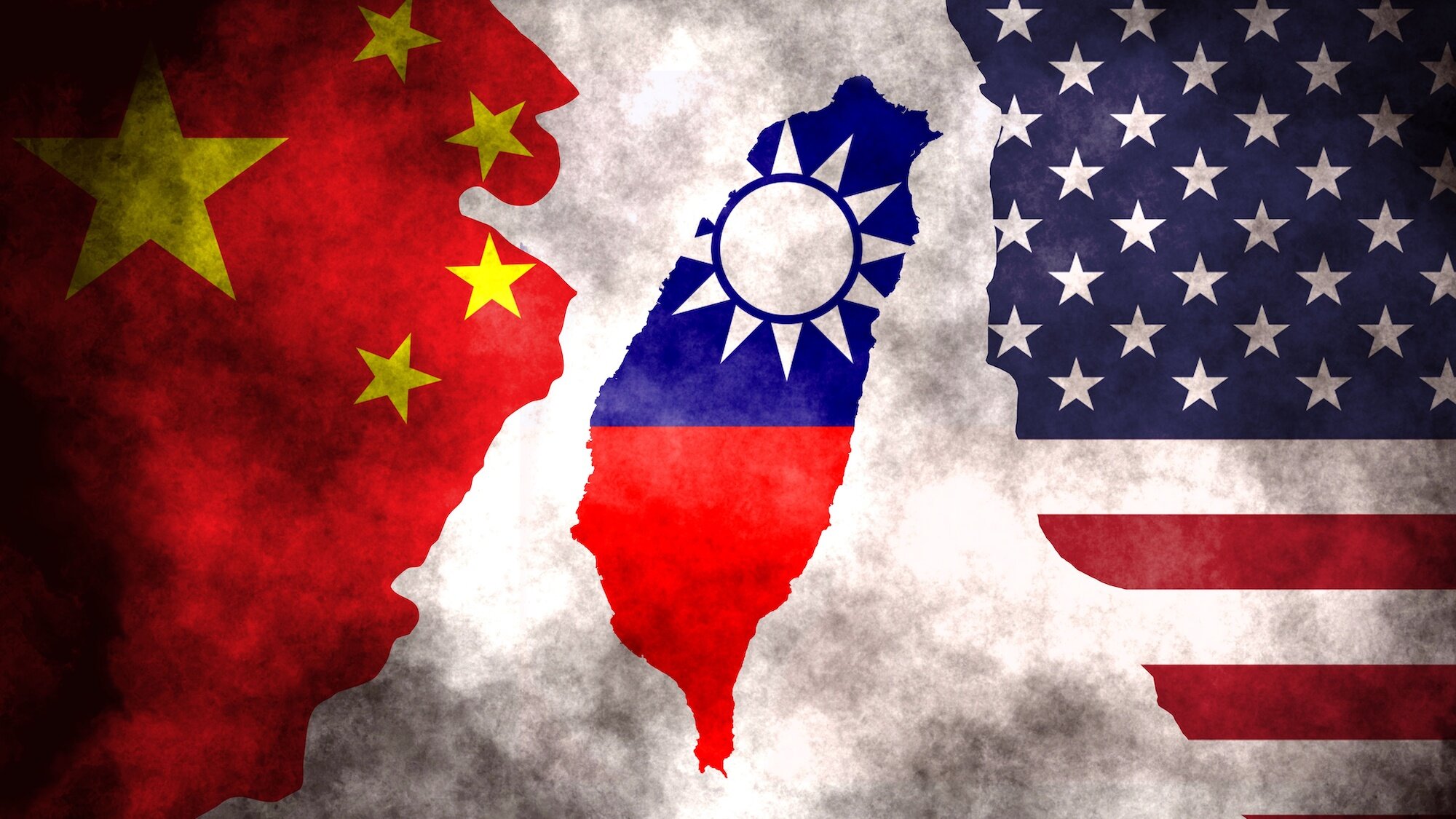
Pakistan, June 20 -- The Israel-Iran conflict has intensified once again, with Israeli strikes in Iran in June 2025 targeting nuclear facilities and top scientists. This latest flare-up marks the most serious escalation since the Gaza war began in 2023 and adds to fears of a full-blown war between the two arch-rivals.
The long-standing hostility dates back to 1979, when Iran's Islamic Revolution overthrew its pro-Western leadership, turning the new regime against Israel. In 1982, Iran helped establish Hezbollah in Lebanon - a powerful armed group that Israel sees as a major threat. By the early 1990s, both countries were locked in indirect conflicts, with Iran and Hezbollah accused of deadly bombings in Argentina in 1992 and 1994.
In the 2000s, the tensions shifted toward Iran's nuclear ambitions. A 2002 revelation about Iran's secret uranium enrichment program alarmed Israel. Later, in 2010, the Stuxnet cyberattack - allegedly by the U.S. and Israel - targeted Iran's Natanz nuclear site. A series of assassinations of Iranian nuclear scientists, blamed on Israel, further escalated the crisis.
Over the past decade, attacks have moved from shadows to open strikes. In 2020, Iran's top general Qassem Soleimani was killed in a U.S. drone strike, welcomed by Israel. Iran responded with missile attacks on U.S. bases. In 2021 and 2022, both nations exchanged threats and engaged in shadow wars through strikes in Syria and pledges to prevent Iran from acquiring nuclear weapons.
In April 2024, Israel allegedly struck Iran's embassy in Damascus, killing Revolutionary Guards. Iran retaliated with a massive drone and missile barrage on Israeli territory, prompting further Israeli strikes. By October 2024, Iran launched over 180 missiles at Israel after the deaths of top Hezbollah and Hamas leaders.
The current 2025 crisis was triggered by Israeli strikes on Iran's nuclear infrastructure under Operation "Rising Lion." Iran confirmed the deaths of key military and nuclear figures, including Commander Hossein Salami. Israel claimed it was acting to stop Iran from developing a nuclear bomb. The U.S. denied involvement, even as it moved personnel out of the region amid growing tensions.
This evolving conflict, driven by decades of mistrust, nuclear fears, and regional rivalries, continues to destabilize the Middle East - with no peaceful resolution in sight.


No comments:
Post a Comment